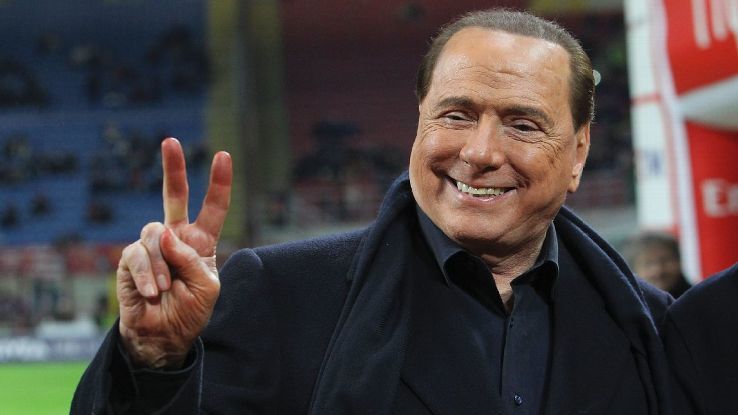
At the Verso blog, Cinzia Arruzza, professor of philosophy at the New School in New York, addresses the pervasive comparisons made between Donald Trump and Silvio Berlusconi, suggesting that there are right lessons and wrong lessons to draw from this parallel. The wrong lesson, argues Arruzza, is the idea left-wing forces should collaborate with the “lesser evil” this is centrist politicians to stop Trump by any means necessary. As Arruzza points out, when this happened it Italy, it only strengthened Berlusconi. Instead, Arruzza writes that the left should work toward “creating large social coalitions and movements to oppose what is to come, but also abandoning once and for all the idea that lesser-evilism, which has already caused serious damage, is a viable option.”
Here’s an excerpt from Arruzza’s insightful piece:
Trump’s very resistible rise to power is, to a certain extent, more astonishing than Berlusconi’s more predictable first electoral victory. While Trump hijacked the Republican Party, running up against opposition from a large part of the Republican establishment and from the media, Berlusconi used his media empire to both control information and create a new political party, accordingly reshaping the political spectrum. Because of the characteristics of the Italian parliamentary system, Berlusconi was forced to ally with other rightwing parties at odds one each other, Alleanza Nazionale and Northern League: the first an evolution of the neo-fascist party MSI, and the second a federalist, xenophobic right-wing party. Moreover, Berlusconi did not agitate for isolationism and protectionism, did not challenge international market agreements, and did not question Italy’s participation in the creation of the European Union and the Eurozone — at least not until 2011. Finally, Italy does not play any hegemonic geopolitical role comparable to that of the United States.
These differences are significant enough to caution against facile predictions about the course of Trump’s presidency based on Italian vicissitudes. They do not, however, mean that nothing can be learned from the Italian experience. On the contrary, we can draw some important lessons if we move our attention away from the apparent similarities between Berlusconi and Trump, and focus instead on the analogies between anti-Berlusconism and the shape anti-Trumpism threatens to take.
Image: Silvio Berlusconi